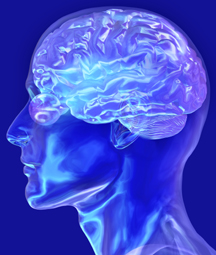 Over a period of several years, Happiness Habit interviewed and studied habitually happy, genuinely joyous people from many different walks of life and personal situations.
Over a period of several years, Happiness Habit interviewed and studied habitually happy, genuinely joyous people from many different walks of life and personal situations.
We studied and interviewed people who were cheerfully facing terminal illnesses, job losses and major life challenges.
We intentionally omitted people who seemed happy primarily because of success or good things happening to them, what we term “situational happiness”.
We wanted to answer the question, “What can we do to be happier?” given who we are and the challenges we face.
Our goal was to identify and articulate the key values, beliefs, ideals, habits and boundaries that lead to happiness and spiritual success and explain why they work so well.
We call these key qualities Happiness Habits.
Experience has shown that when people consciously choose to adopt and practice Happiness Habits they become happy or happier despite what is happening to them or around them.
Our mission is to share these key happiness skills summarized in simple statements what we call Coaching Credos that are easy to recall and apply.
If Happiness Habit® concepts are:
1) Consistent with what most people know and believe to be true about happiness. You decide.
2) Consistent with the best current scientific and academic research. They are.
3) Effective, actually help people live happier more spiritually successful lives. You decide.
Then the validity of our approach is proven.
what do you have to loose? Why not give it a try?
Explore and enjoy our Happiness Habit websites and decide for yourself!
Copyright 1999- , Michele Moore. All Rights Reserved. Links to our website and pages are welcomed! Please note our materials may NOT be published, broadcast, redistributed or rewritten without written permission from the authors. Explore HappinessHabit.com and HappinessBlog.com for more happiness quotes and insights.




